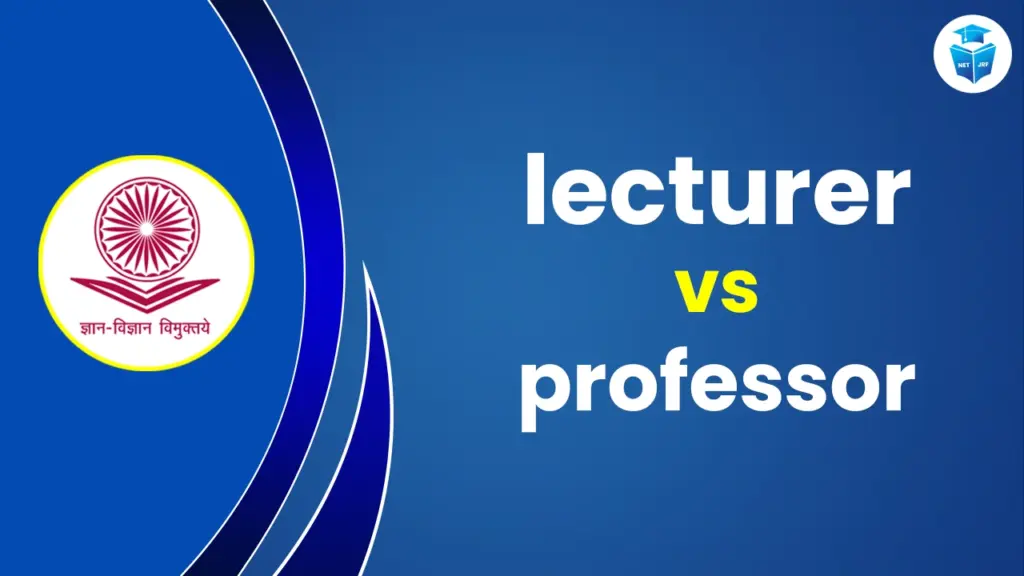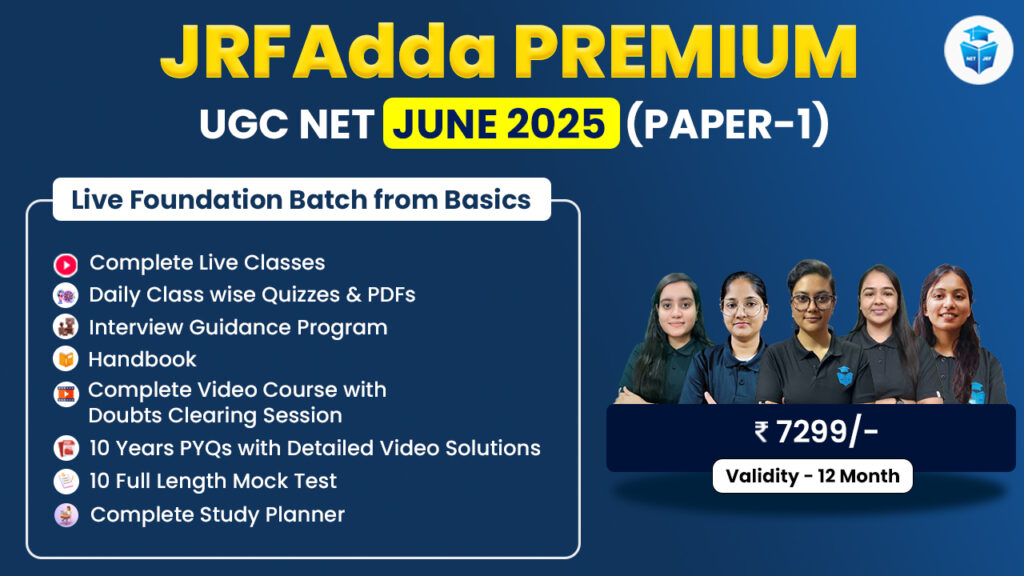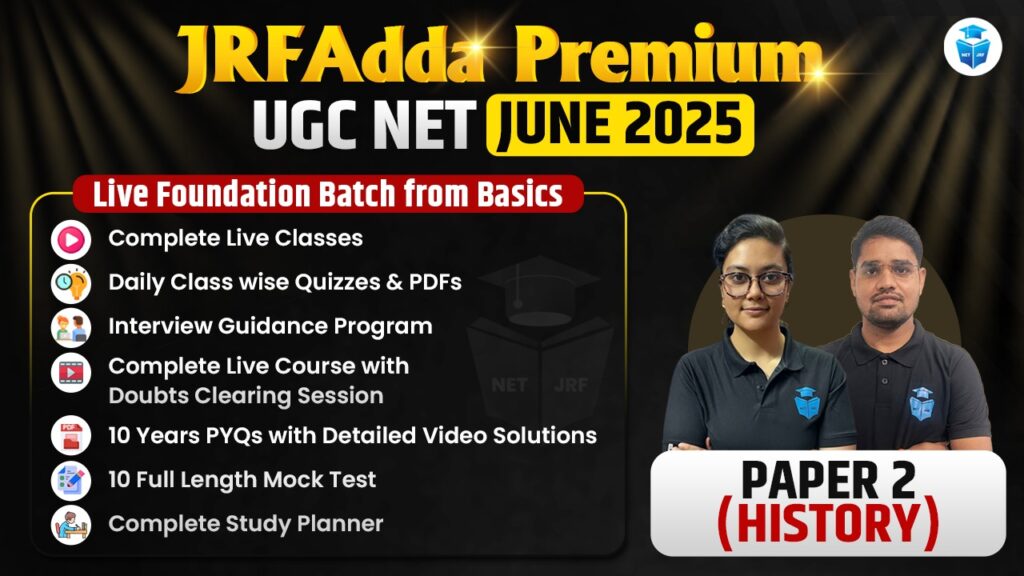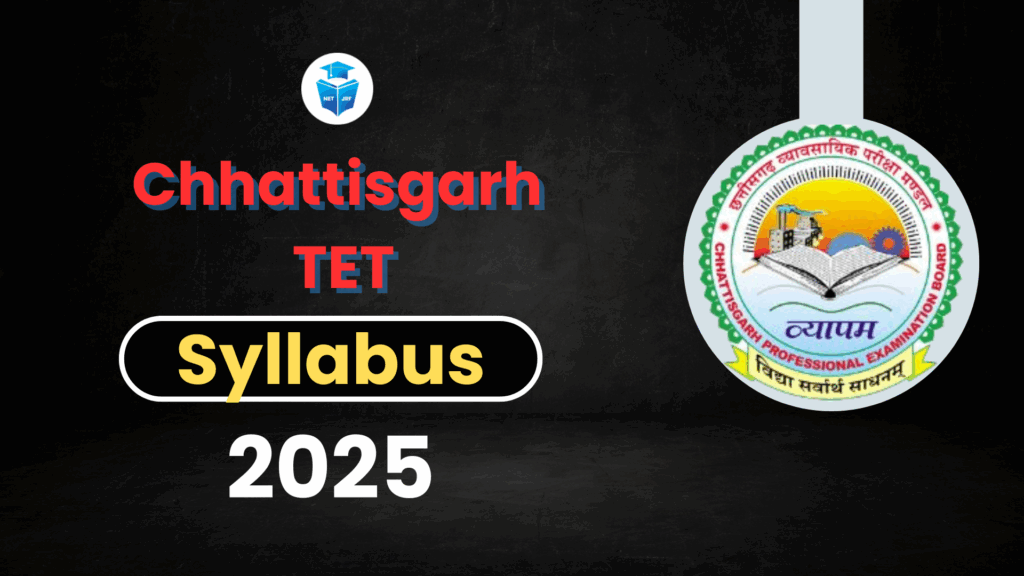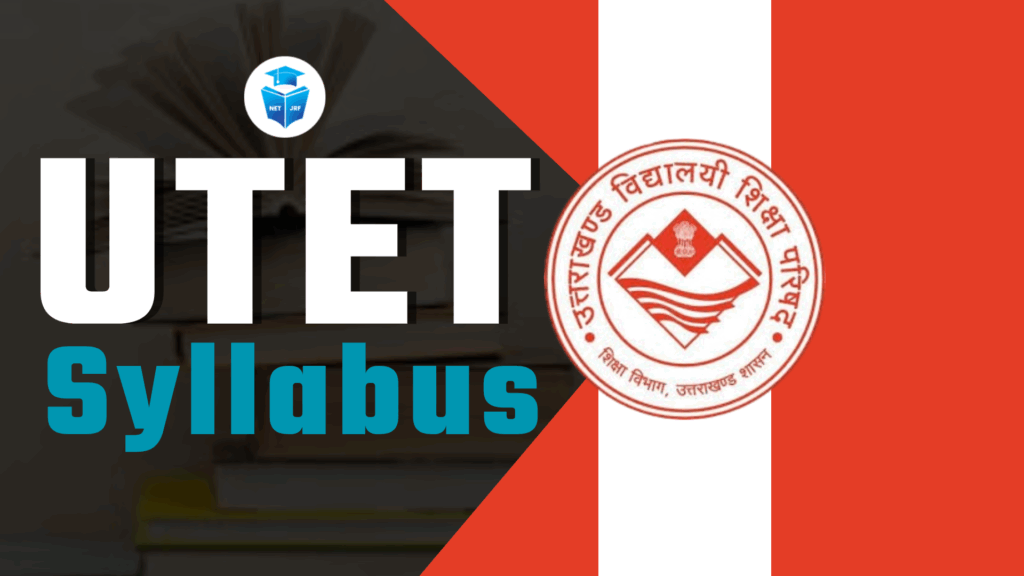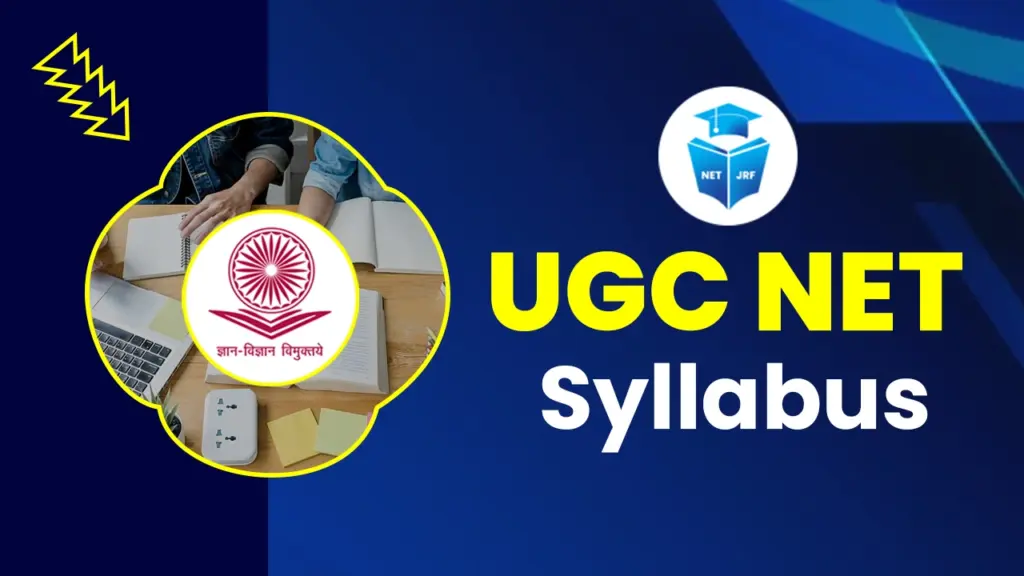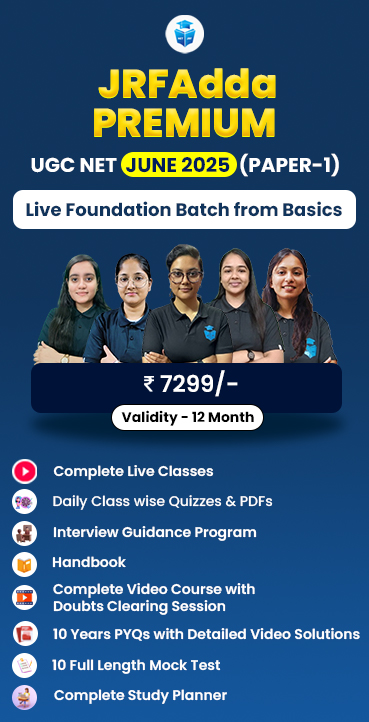Lecturer vs Professor is a common comparison for the academic sector, showing a great disparity in jobs and roles performed. Normally, a lecturer is more related to teaching alone, often facing students at an undergraduate level or at initial graduate studies. On the other hand, a professor usually holds a high academic rank, representing the combination of teaching activity, publishing original scholarly works, and taking a pivotal role in establishing their specialization. Such discrepancies in grade and responsibilities lead to immense variations in academics.
What is a Lecturer?
A lecturer is essentially an academic professional who tends to teach students at college or university levels. They prepare or deliver lectures, design coursework, grade assignments and guide various subjects that are usually at the undergraduate or at the beginning graduate levels. Lecturers are not always professors; they have very little research emphasis and perhaps do not hold tenure in most institutions. They may also teach on short-term contracts or as adjunct faculty in any institution. The teaching position may differ by country and institution, but fundamentally, it is a teaching position responsible for facilitating student learning.
Role of a Lecturer in Higher Education
- Primary Responsibility: Teaching and Instructing
- Lecturers spend most of their time lecturing and tutoring, teaching complex ideas, and keeping students interested through innovative teaching techniques.
- Course Design and Curriculum Design
- They will frequently prepare course materials, assignment materials, and exam materials, all of which they ensure to be at an academic level and also match the objectives and aims of the program.
- Student Support and Coaching
- The role of lecturers would primarily be to provide students with academic guidance through replying to their questions, making comments on assignments, and facilitating improvement in the understanding of a subject.
- Fewer Research Obligations
- Lecturers, unlike professors, usually have fewer research responsibilities. Their main concern remains teaching, although some lecturers may still conduct research based on the institution.
- Tenure and Employment Status
- Lecturers are mainly contracted on a temporary or fixed-term contract and, more than often, are not tenured; hence, their appointment is fluid but insecure than professors.
- Impact on Student Experience
- Lecturers are important in the creation of student academic experience due to providing direct interaction, mentorship, and attention to the student.
Eligibility Criteria for Lecturer
The Eligibility criteria to become a lecturer is sometimes dependent upon the country, institution, or even the subject one teaches. Generally, the common expectations for the position of a lecturer are as follows:
- Educational Qualifications
- Master’s Degree: The minimum qualification for the position of lecturer in colleges or universities is usually a master’s degree in the relevant subject.
- Ph.D. (Optional, but Preferred): Many institutions prefer candidates with a Ph.D. or equivalent research qualifications, especially for positions in research-focused universities or prestigious institutions.
- NET or Equivalent Exam
- For Example, qualifying in the NET held by the UGC is a must for students who are seeking a lecturer position in the universities and colleges in India. Other countries may vary in that a student would have to qualify for certain examinations that might include GRE or even national examination tests in other countries.
- Teaching Experience
- While not always a prerequisite, any teaching experience in the role of assistant lecturer, teaching assistant or similar could be beneficial.
- Subject Matter Requirements
- Some lecturing positions demand more than the minimum qualification. For example, in certain fields like engineering, medicine, or law, professional qualifications or experience may be demanded.
- Skills and Competencies
- Strong communication and presentation skills are very essential. Lecturers must make simple complex concepts to an ordinary student.
- Organisational skills, research capacity and passion for teaching and learning are highly sought among those candidates.
- Age Limit
- Some institutions or a body of the government would fix certain age limits to join in an institution as lecturers when it is for a direct appointment or tenure track.
- Additional Requirements (For Some Institutions)
- Publications: Depending on the university, there may be a prerequisite for a certain number of research papers or publications as well, especially if this position is more research-orientated.
- Interview and Presentation: The candidates undergo personal interviews or sometimes an interview in the form of a demonstration lecture.
What is a Professor?
A professor is a higher rank of senior academic professional in a college or university. Besides teaching, professors are also more engaged in research, scholarly activity and contributing to the field. They have most often higher degrees, high experience and high-level academic backgrounds. Professors generally teach both graduate and undergraduate students, supervising postdoctoral researchers or doctoral students.
Roles of Professor
- Teaching and Mentoring
- Professors teach a variety of courses, advise students, oversee theses or dissertations and help students develop academically and professionally.
- Research and Scholarship
- They conduct original research in their field of specialty, publish scholarly articles in refereed journals, and publish books and present papers at conferences to create new knowledge and contribute to the discipline.
- Academic Leadership
- Professors frequently take on departmental leadership positions that allow them to help determine curriculum, participate in the development of university policies and support junior faculty.
- Tenure and Job Security
- Professors are permanently employed, with academic freedom to conduct their research free from the threat of dismissal or loss of job.
- Long Term Career and Specialization
- It is a career in the academic professorship that normally takes many years of education and even more professional experience to attain. It is still one of the more prestigious careers in universities and other institutions of higher learning.
- Contributions to Academic Community
- Professors can play important roles in altering the direction of their discipline in several aspects, including research, teaching and service to the university or academic community.
Eligibility Criteria for Professors
The process to become a professor is pretty rigorous and involves strict academic and professional standards:
- Education Qualifications:
- Ph.D. in an appropriate subject area.
- Continuous scholarly activity, for example, by publishing articles in peer-reviewed journals.
- Teaching Experience:
- A minimum of 8-10 years of teaching experience, mostly as assistant or associate professors.
- Research Contributions:
- Published works, research projects and citations.
- Guiding Ph.D. students is sometimes an added requirement.
- Scholarly Accomplishments:
- Presence of recognition by academic groups and attendance of conferences and symposia.
Salary Differences Between Lecturer and Professor
The lecturer and the professor can have very different pay scales depending on the country, institution, field of specialization and experience level. However, there are overall trends that distinguish the compensation between the two roles.
Position | Salary Range (INR/Month) |
Lecturer | 40,000 – 70,000 |
Professor | 1,00,000 – 2,50,000+ |
Career Path from Lecturer to Professor
The lecturer-to-professor career path is an orderly but step-by-step process that involves the attainment of academic experience, enhanced qualifications and professional landmarks. Here’s a normal process:
- Lecturer: That would start with teaching and mentoring, focusing on developing subject expertise and gaining experience.
- Assistant Professor: An assistant professorship on the tenure track, combining teaching with research and publishing requirements.
- Associate professor: To be granted tenure based on excellence with regard to teaching, research and service; taking on leadership roles in the department.
- Professor: Attain the topmost rank by becoming a recognized expert, by leading research projects, mentoring at all levels and contributing to university governance.
Responsibilities of Teaching vs Research
While both teaching and research are important, the time dedicated to these activities might become unbalanced. Teaching involves time and energy invested to interact with students; conversely, research necessitates focused effort and creativity. Successful academics manage the compatibility of these two activities, utilizing research findings to inform teaching and vice versa, ensuring that they make meaningful contributions both to student development and the advancement of knowledge.
Comparison of Teaching and Research Responsibilities
Aspect | Teaching Responsibilities | Research Responsibilities |
Primary Objective | Knowledge transfer and developing critical thinking skills. | New knowledge and advancement. |
Activities | Lecture delivery, seminar facilitation and discussions. | Design experiments, analyze data and submit papers for research. |
Output | Taught and competent students with enhanced learning outcomes. | Publications, conference presentations, new discoveries. |
Focus Area | Curriculum development, student evaluation and mentoring. | Testing hypotheses, fund research, interdisciplinary studies. |
Time Devoted | Classes, grading and interaction with students. | Independent, flexible time and long project time. |
Interaction | High involvement with students and academic peers. | Work with research groups, funding agencies, journals. |
Evaluation Criteria | Student feedback, teaching efficacy and course results. | Publication impact, research grants and peer recognition. |
Contribution | Direct contribution to the development of students and academic growth. | Advancements of knowledge, policy decision making and social and community development. |
UGC NET Preparation Tips
Below are some UGC NET preparation tips described:
- Understand the Syllabus: Get familiar with both Paper 1 and Paper 2 syllabi and their exam patterns.
- Plan for Study: Divide your time wisely and concentrate on high-weightage topics.
- Study Material: Reliable sources will be JRFAdda and standard books.
- Practice Mock Tests: Practice papers and online test series are attempted in order to increase the speed of accuracy.
- Master Paper 1: Teaching aptitude, research methods, and reasoning.
- Master Paper 2: Preparation Study subject very deep, but mainly focus on highlighting key concepts and theories.
- Revision Continuous: Note making will help quick revision and repeated revision
- Latest current affairs concerning education as well as research work.
- Online Sources: Use test series and video lectures for focussed practice.
- Self – Motivation: Be Regular in your time management skills and less stressful as well.
Conclusion
The journey from a Lecturer to Professor involves academic growth and professional development. Lecturers often focus on teaching, student guidance and course design, whereas Professors carry more responsibility and combine responsibilities of teaching, research, academia and contribution to their chosen field. The pay and promotion scale is highly different, and Professors generally receive better pay and security of employment. Preparing for the UGC NET exam is crucial for a lecturer, as it offers a platform for both lecturers and professors. Proper preparation, goal-oriented study and a proper career course can make the transition from Lecturer to Professor quite smooth.
Lecturer vs Professor FAQs
A lecturer teaches, whereas a professor teaches and conducts research with additional responsibilities and seniority.
A Master’s degree in the subject area is essential. A Ph.D. is not mandatory but would be desirable.
You require a Ph.D., a good teaching experience of at least 8-10 years and a research and publication record.
The experience in teaching is given much value, but it isn’t compulsory in becoming a Lecturer.
Understand the syllabus, solve many mock tests and follow some valid resources like JRFAdda.

